In a world full of augmented reality camera effects apps, one app is going in a more social direction.
On Tuesday, a rebooted version of Octi (which first debuted in 2018) dropped on the Apple App Store. Now, instead of merely adding AR effects to photos and videos, the app uses facial recognition to identify users and anchor augmented reality content around them in the form of a virtual belt.
- Don't Miss: This Viral Instagram Augmented Reality Filter Will Tell You Which Disney Character You Really Are
For some, the idea of facial recognition fused with an AR social network may induce chills, however, Octi has taken steps to prevent unwanted snooping.
Using the free app, a person can't just walk up and down the street and scan strangers to discover their personal profile. Instead, users have to accept a friend request to let them into their AR circle. If someone isn't recognized by Octi, users can send them an invite to the network.


After a person picks a username, enters their date of birth, and authenticates their mobile number, the app scans the user's face to establish an Octi ID. (Purely by accident, I discovered that the app can register a person wearing glasses and that same person not wearing glasses as different people.)
With the profile set, a belt of five virtual cards surrounds the user, with a neat background segmentation effect creating the illusion that items disappear behind the user as they scroll through the carousel. With each card, users can add different content, such as status messages, photos, songs from Spotify, and videos from YouTube.


After the account is set up, when the user's face is scanned by friends, they can see the virtual content and add content to their belt, similar to how Facebook's wall worked once upon a time.
The app maintains some of its AR camera effects roots, namely the ability to add body effects and animations from Giphy to the foreground and background.



As the famous quote from Field of Dreams goes, "If you build it, they will come." And while that might apply to supernatural baseball fields, that's not a given for social networks. For every Facebook, Twitter, Instagram, and Reddit, there's a Friendster, MySpace, and Google Plus.
Nonetheless, adding augmented reality to the formula has yielded favorable results for apps like Snapchat and TikTok.
However, adding AR isn't a magic dust cure-all for a fledging app. Just ask Blippar. In 2017, mobile AR trailblazer Blippar added a feature called Halos to its app. Halos were nearly identical to Octi, using facial recognition scanning to identify other users and reveal photos, videos, music clips, and other digital media virtually orbiting their faces.
Was is the operative word. Today, the Halos feature is nowhere to be found on the Blippar app. As you'll recall, the company faced the UK version of bankruptcy at the end of 2018, re-emerging in 2019 after one of its investors bought up its assets and slimmed down the company's product lines to concentrate on revenue-generating AR ads. Its facial recognition social network was one of the features to meet the chopping block.
Perhaps Blippar is a cautionary tale for Octi. Or, perhaps its singular focus on the social network aspect of its app is what might drive user growth. We're all about to find out.
Just updated your iPhone? You'll find new features for Podcasts, News, Books, and TV, as well as important security improvements and fresh wallpapers. Find out what's new and changed on your iPhone with the iOS 17.5 update.
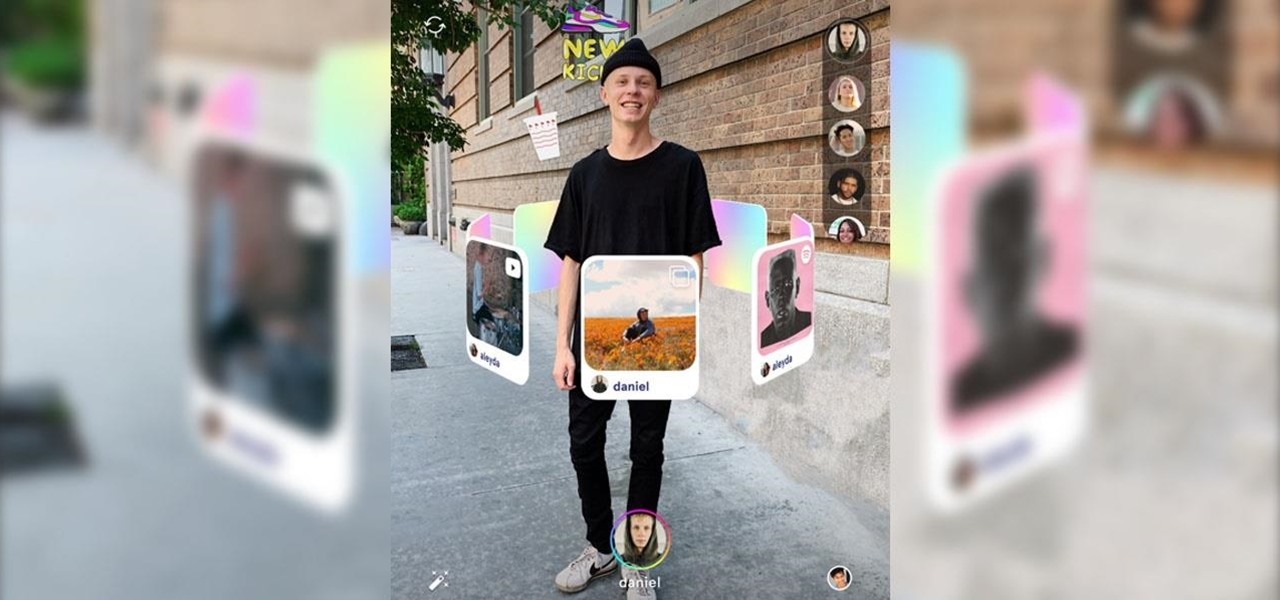








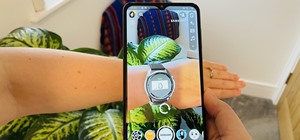



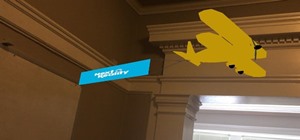
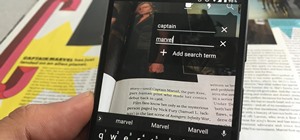


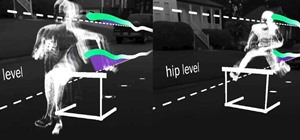

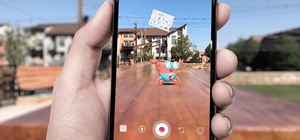

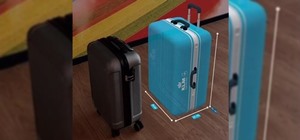
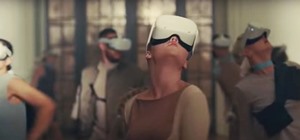

Be the First to Comment
Share Your Thoughts